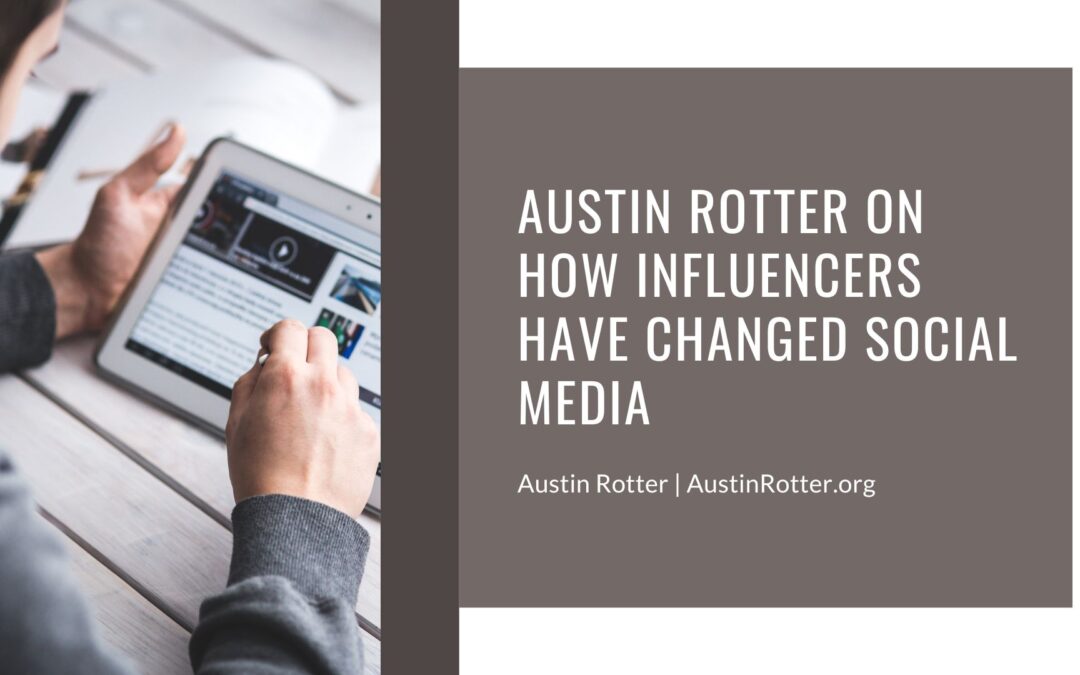Influencers have emerged as powerful catalysts shaping trends, consumer behavior, and digital culture. With their ability to reach millions of followers and wield significant influence, influencers have revolutionized the landscape of social media, redefining how we discover, consume, and engage with content. Here’s how influencers have changed social media:
Content Creation and Curation: Influencers are masters of content creation, producing a diverse range of engaging and visually appealing content across various platforms, including Instagram, YouTube, TikTok, and Twitter. From lifestyle vlogs and fashion hauls to product reviews and travel diaries, influencers curate content that resonates with their audience’s interests, preferences, and aspirations. By leveraging their creativity, authenticity, and storytelling skills, influencers have elevated the quality and diversity of content on social media, driving engagement and fostering community interaction.
Brand Partnerships and Sponsorships: Influencers play a central role in brand marketing and advertising, collaborating with companies to promote products and services to their followers. Brand partnerships and sponsorships allow influencers to monetize their influence and generate revenue while providing brands access to a targeted audience and authentic endorsements. Influencer marketing has become a lucrative industry, with brands investing significant resources in partnerships with influencers to increase brand awareness, drive sales, and cultivate brand loyalty among consumers.
Social Commerce and Influencer Recommendations: Influencers have become influential tastemakers and trusted advisors, guiding their followers’ purchasing decisions through product recommendations and endorsements. With the rise of social commerce, influencers are increasingly driving sales and conversions by showcasing products in sponsored posts, unboxing videos, and affiliate links. Influencer recommendations carry weight and authenticity, as followers perceive influencers as relatable peers rather than traditional advertising channels, making influencer marketing a powerful driver of e-commerce growth.
Community Building and Engagement: Influencers foster vibrant and engaged communities around their content, cultivating loyal followings and meaningful connections with their audience. Influencers create an interactive and immersive experience that encourages participation and dialogue among followers through interactions such as likes, comments, shares, and direct messages. Influencers leverage their platform to amplify voices, raise awareness about social issues, and drive positive change, demonstrating the potential of social media as a catalyst for community building and social impact.
Cultural Influence and Trends: Influencers have a profound impact on shaping cultural trends, preferences, and behaviors, driving conversations, and setting the agenda on social media platforms. Influencers shape the zeitgeist and influence popular culture through their curated content and aspirational lifestyles, from fashion and beauty trends to wellness practices and lifestyle choices. Influencers serve as cultural tastemakers, trendsetters, and cultural arbiters, shaping the collective consciousness and reflecting societal values, norms, and aspirations.
